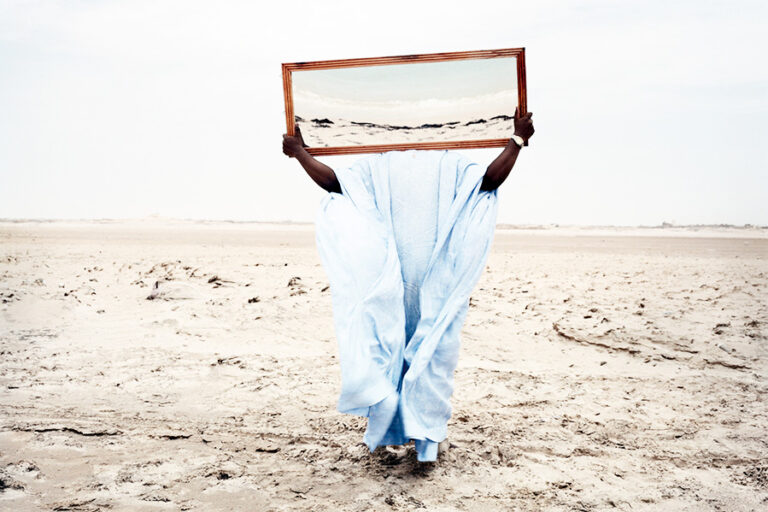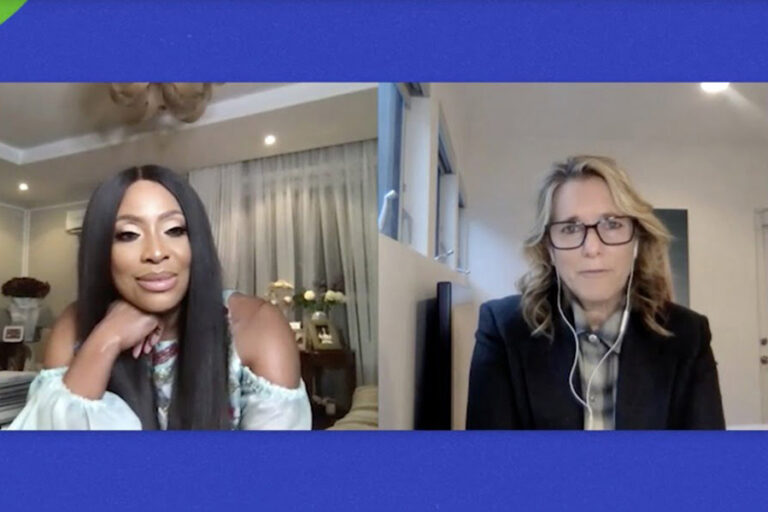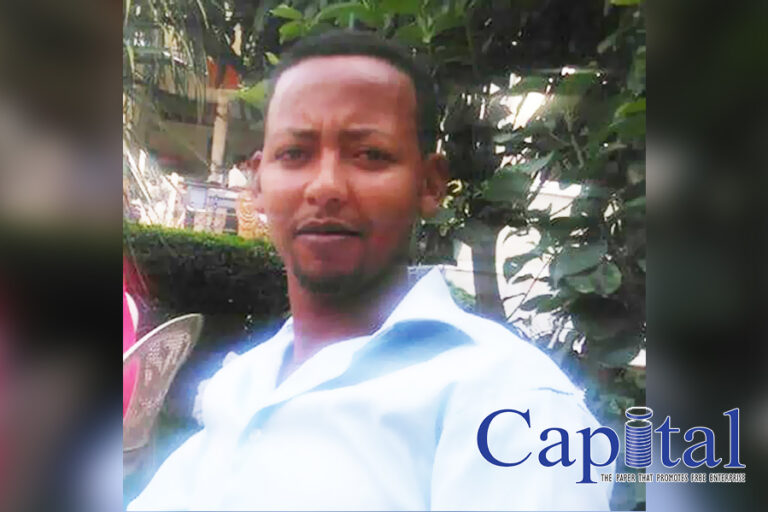Today (Monday October 4) is a historical day for the people of Ethiopia. Ethiopians paid an enormous price to establish a democratic system of government in their nation; for the first time in Ethiopia’s history, today, we have established a government for the people, by the people, to the people. By no means, the election that took place in June 2021 is not without problems; but it was a fair and free election by all accounts with all its challenges. We need to build on this achievement as we move forward. Congratulations Ethiopia!
As our nation embarks on a new journey, we will never forget the so-called international community’s role in exacerbating our misery during the 27 years of TPLF’s brutal rule. Particularly, the US, Europe, and the UN have played a significant role in sustaining TPLF’s brutal rule with financial, weapon, intelligence, and training support. As long as the TPLF served their interest, they were unwilling to take any meaningful measures to prevent human rights violations and atrocities committed against Ethiopians.
Once Ethiopians revolted and ejected the western askaris from power, the US, EU, and the UN are putting enormous resources to undermine the current reform in Ethiopia and return the TPLF to power. The humanitarian assistance for Ethiopia in the Tigray region is used as an excuse to interfere in Ethiopia’s internal affairs and force Ethiopia into submission. Although Ethiopia has done everything in its power, including withdrawing its forces from Tigray to make sure humanitarian assistance reaches the people of Tigray, the accusation against Ethiopia has continued when the actual obstacle for humanitarian assistance s in Tigray is the TPLF itself. Throughout history, the TPLF weaponized starvation to achieve its diabolical political objectives. Today, TPLF’s modus Operandi is not any different.
In fact, there is no longer war in Tigray at this juncture. But the Westerners are still talking about the “war in Tigray” to simply put undue pressure on the Ethiopian government and twist Ethiopia’s arm for their national interest. As we all know, currently, the war is in the Amhara and Afar regions. Instead of pressuring the TPLF to withdraw from the Afar and Amhara regions, the Western powers and the UN are demanding “both sides” to stop the war. In other words, they don’t want Ethiopia to defend the Amhara and Afar regions, they want us to surrender to the TPLF. The so-called international community wants to tie Ethiopia’s hand so the TPLF terrorists march to Addis Ababa and depose the duly elected government.
Recently, the UN staff members and leadership deployed in Ethiopia got “caught its hand in a cookie jar”. These UN officials were given the privilege to be in Ethiopia to assist in humanitarian work; however, they were providing support to terrorists with communication equipment, diverting food aid meant to the displaced people to the TPLF terrorists, manipulating data to exaggerate the problem in Ethiopia to look worse than it is, and because they are providing logistics to the TPLF terrorists. When more than 450 trucks under the control of WFP were sent to deliver food in Tigray, the trucks were never returned and the WFP made no efforts to pressure the TPLF to return the trucks while watching the trucks used to transport terrorists to the war front.
Justifiably, the Ethiopian government issued persona non grata to 7 UN diplomats and accorded them 72 hours to leave Ethiopia. For some strange reasons, this action by the Ethiopian government “shocked” UN Secretary-General Antonio Guterres. Mind you, the Secretory was never shocked when more than 1000s of civilians were massacred in Maykadra by the TPLF, he was not shocked when mass graves were discovered in the Amhara region where innocent civilians were massacred by the TPLF the Secretary-General was not shocked when the TPLF massacred more than 300 people, including women and children, in Afar, the secretary was not shocked when the TPLF wiped out an entire village in Amhara region, most of all, the secretory was not shocked, when the TPLF terrorists are using trucks with the WFP logo, trucks under the protection of the UN, are used to transport terrorists to the war front.
Why was the Secretary-General shocked? He has a reason to be shocked because he did not expect his employees to get caught when bidding the Westerners dirty work under the guise of “humanitarian assistance”. Given the UN staffs’ records in Sudan, South Sudan, Burundi, Uganda, and particularly the current rape scandal in Congo, the Secretary-General did not say we need to investigate the allegations against the accused UN staff in Ethiopia. He simply came out to blindly defend the 7 individuals. This tells you what his motive is. He probably was aware these UN employees were engaged in a mission to support the TPLF terrorists. There is no other way of understanding this when you also view the US’s press release on this issue. Why would the United States issue a statement that condemns Ethiopia without demanding an investigation or asking for evidence? When you see the noise made in Europe, the US, and the UN, how would you interpret their actions other than as an intentional effort to undermine Ethiopia. Their actions make it clear, at least to this writer, there is a concerted and coordinated effort by the western governments and the UN to support the TPLF. This writer strongly believes, the US, EU, and UN got angry because they got caught red-handed.
Following Ethiopia’s decision to expel 7 members of the UN diplomats among thousands, the US claimed, expelling these diplomats mounts to impeding the humanitarian effort. Really? How? As we know now, it’s armature time in the US’s foreign policymakers’ corridor. President Biden is surrounded by short-sighted foreign policy advisers who put their personal interests ahead of the US’s interest. Many of his advisors have financial and personal relationships with the TPLF. Therefore, they are doing what they can to return the TPLF to power against the will of the Ethiopian people. Sadly, the UN is taking orders from the United States and using its employees to meddle in Ethiopia’s internal affairs.
It is with this spirit and with the encouragement of the US, Antonio Guterres claimed Ethiopia has no right to expel UN diplomats from the country. Such a statement should send a shock wave in the world. Antonio Guterres came up with the bogus claim that the Geneva Convention does not allow UN diplomats to be expelled from the host country. His claim has no legal basis, has no logic, and it is senseless. Such a claim has to be the first in the world. There is nothing in the United Nations Charter, any treaties, Vienna, and Geneva Conventions that indicate UN diplomats cannot be expelled from the host country. Even the Geneva Convention Article 9 makes it clear UN agencies are governed under this rule because the agencies have signed the Vienna Convention covenant. It is with this principle, Burundi expelled four UN agency employees, including WHO’s country head Walter Kazadi Mulombo, in May 2020. There was no “shocking” statement from the UN Secretary-General or condemnation from the US when Burundi expelled these UN employees. Why do you think Ethiopia’s decision angered the Westerners and “shocked the UN?
None of the Western media that put “Ethiopia expelled seven UN Staff” as their headline did their jobs explaining Ethiopia has the right to do so with or without explanation other than parroting what the UN Secretary-General said. The rights of the host nations to expel UN diplomats are repeatedly affirmed by the United Nations Appeals Tribunal and UNDT.
In Abu Salah v. Commissioner-General of the United Nations Relief and Works Agency for Palestine Refugees in the Near East, the appeals court made it clear “There is no dispute that the Appellant was declared persona non grata in February 2017 based on the Note Verbale from the Sudanese Ministry of Foreign Affairs. Under international law and conventions, a sovereign state “may at any time and without having to explain its decision, notify the sending State that the head of the mission or any member of the diplomatic staff of the mission is persona non grata or that any other member of the staff of the mission is not acceptable. In any such case, the sending State shall, as appropriate, either recall the person concerned or terminate his functions with the mission.” This is a fundamental principle of diplomatic relations and has been codified in Article 9 of the Vienna Convention on Diplomatic Relations (emphasis added). (Citation: Abu Salah v. Commissioner-General of the United Nations Relief and Works Agency for Palestine Refugees in the Near East, Judgment No. 2019-UNAT-974, para. 47.)
As this case indicates Abu Salah was an employee of the United Nation who was declared Persona non grata by the Sudanese government in February 2017. The Secretary-General was not shocked when Abu Sala was expelled from Sudan. In fact, the UN replaced Abu Sala with someone else. The claim Ethiopia has no right to expel UN officials is bogus and it’s an attempt by the UN to bully Ethiopia and install a subservient government to the Western powers.
In addition to Abu Sala the case of Milicevic v. Secretary-General of the United Nations, the UNDT (United Nations Dispute Tribunal) made it clear “In Milicevic, the UNDT concluded that this principle applies mutatis mutandis [meaning once the necessary changes have been made] to staff members working for the United Nations in a country that declares them persona non grata. This necessarily forces the exercise of the Secretary-General’s discretion to reassign or place them outside the country where s/he has lost the ability to perform their work. “If a staff member is declared [persona non grata] by a host country, the Organization has no alternative but to remove that staff member, because such declaration falls within the sovereign prerogative of the host country (emphasis added). (See Milicevic v. Secretary-General of the United Nations, Judgment No. UNDT/2018/101,).
In addition, in the case of Hassouna v. Secretary-General of the United Nations UNDT declared “it is the duty of the Organization to take steps to alleviate the predicament in which the staff member finds themselves following their expulsion from the host country. That obligation arises because of the unilateral and unquestionable nature of a persona non grata declaration including that it may be made irrespective of fault or misconduct by the individual so declared and because of the inability of that individual to challenge and reverse its effect (emphasis added). (Hassouna v. Secretary-General of the United Nations, Judgment No. UNDT/2014/094 and Tal v. Secretary-General of the United Nations, Order No. 109 (NBI/2017).
In Tal v. Secretary-General of the United Nations, the UN Tribunal makes it clear the duty of the secretory General after the expulsion of its employees from the host country. The Secretary’s duty is not to engage in a bogus claim but to remove the employee from the host country and find him/her a replacement once he/she is declared persona non grata. The tribunal asserts “During this time, the Organization attempted to assist the Appellant with applications to various posts and other missions. This is in line with the “duty of the Organization to take steps to alleviate the predicament in which the staff member finds himself/herself following his/her expulsion from the host country through no fault of his or hers” (emphasis added) (Tal v. Secretary-General of the United Nations, Order No. 109 (NBI/2017).
Moreover, the UN Appeals Tribunal affirmed the host country’s rights to declare persona non grata any UN employee in the case of Herminio Porras v. Secretary-General of the United Nations (Judgment No. 2020-UNAT-1068 Case number 2020-1370). In light of these facts, where did the Secretary-General of the United Nation got the guts to declare “Ethiopia has no right to expel UN employees? It seems clear, the UN Secretary-General wants to put Ethiopia under enormous pressure and give its US and EU bosses another tool to twist Ethiopia’s arm without any legal justifications. Other African, Asian, and Latin American countries must pay attention, resist and condemn such undue bullying coming from the United Nations. The UN must stop being subservient to the Western powers and treat all nations equally if it truly wants peace in the world.
Ethiopia is under attack by internal and foreign forces, as a founding member of the UN, it deserves the support of the United Nations. Ethiopia was deserted by the so-called international community in the past and left to defend itself against the invasion of fascist Italy. Other small nations must understand what happens to Ethiopia today will happen to them tomorrow and be forced to surrender their sovereignty. When they are standing for Ethiopia today, they are assuring their rights to be protected tomorrow. The UN has no legal rights to force Ethiopia to keep UN employees in Ethiopia when they are declared persona non grata. Replace these employees, stop meddling in the internal affairs of Ethiopia, stop supporting terrorists, and stop bullying Ethiopia with your bogus claims.
May God Bless Ethiopia and her people!
Ethiopia will Prevail!
The writer can be reached via tibebesamuel@yahoo.com






